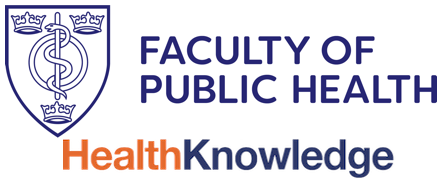
Welcome to our course on epidemiology for practitioners. You will learn about basic concepts of measures of disease burden, of association and causation, and of bias and confounding, and will be introduced to epidemiological study designs, along with their application, strengths, and limitations.
Learning objectives: This course will cover:
- Measuring health and disease
- Measures of disease frequency and disease burden
- Use of routine, vital, and health statistics to describe the distribution of disease in time and place and by person
- Errors in epidemiological measurements
- Introduction to study designs
- Design, applications, strengths & weaknesses of geographical studies
- Design, applications, strengths & weaknesses of cross-sectional studies
- Design, applications, strengths & weaknesses of case-control studies
- Design, applications, strengths & weaknesses of cohort studies
- Design, applications, strengths & weaknesses of intervention studies and randomized controlled trials
- Construction of questionnaires
- Causation in epidemiology
- Association and causation
- Role of chance, bias and confounding in epidemiological studies
Course author: P Sai Kumar, Imperial College London. Resource text adapted from material written by Maria Kirwan, accessible at www.healthknowledge.org.uk .
Reviewed by: Paul Scott, Consultant in Public Health & Assistant Director, Public Health Directorate, Bath.
Author and reviewers' competing interests: None.
